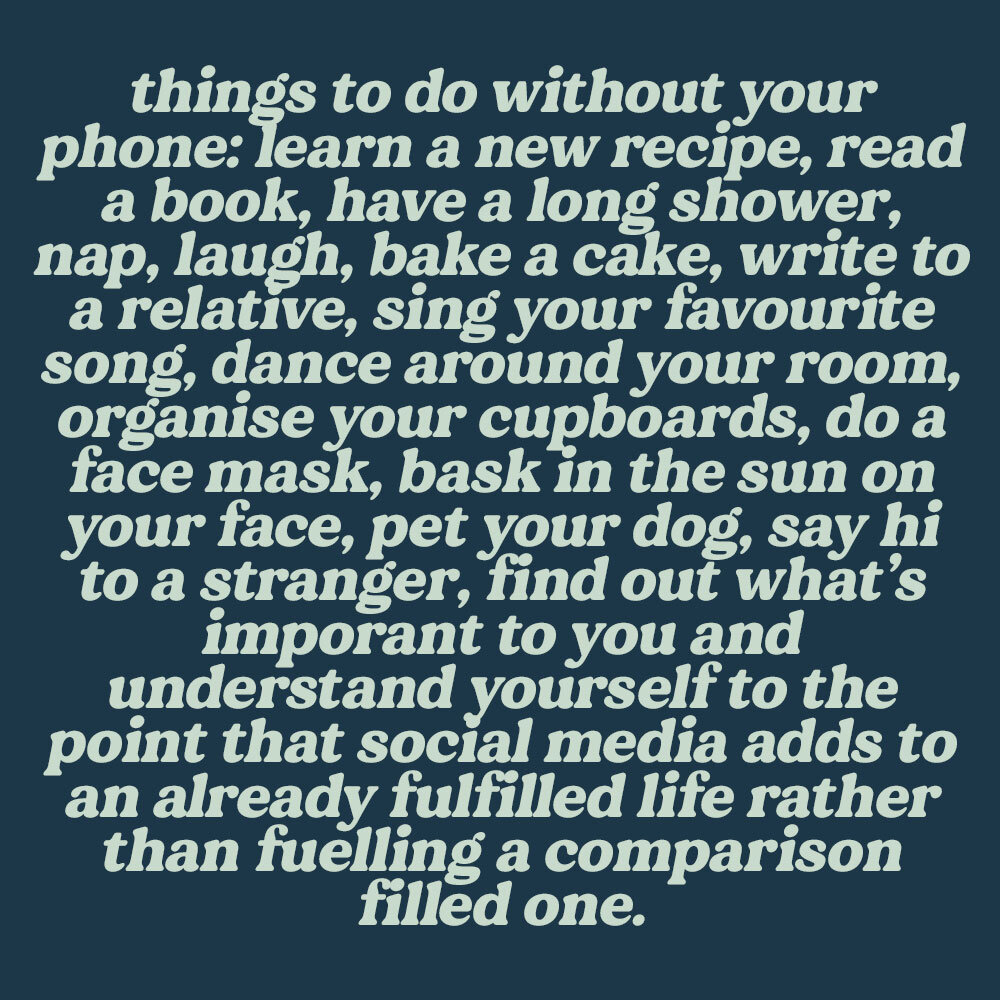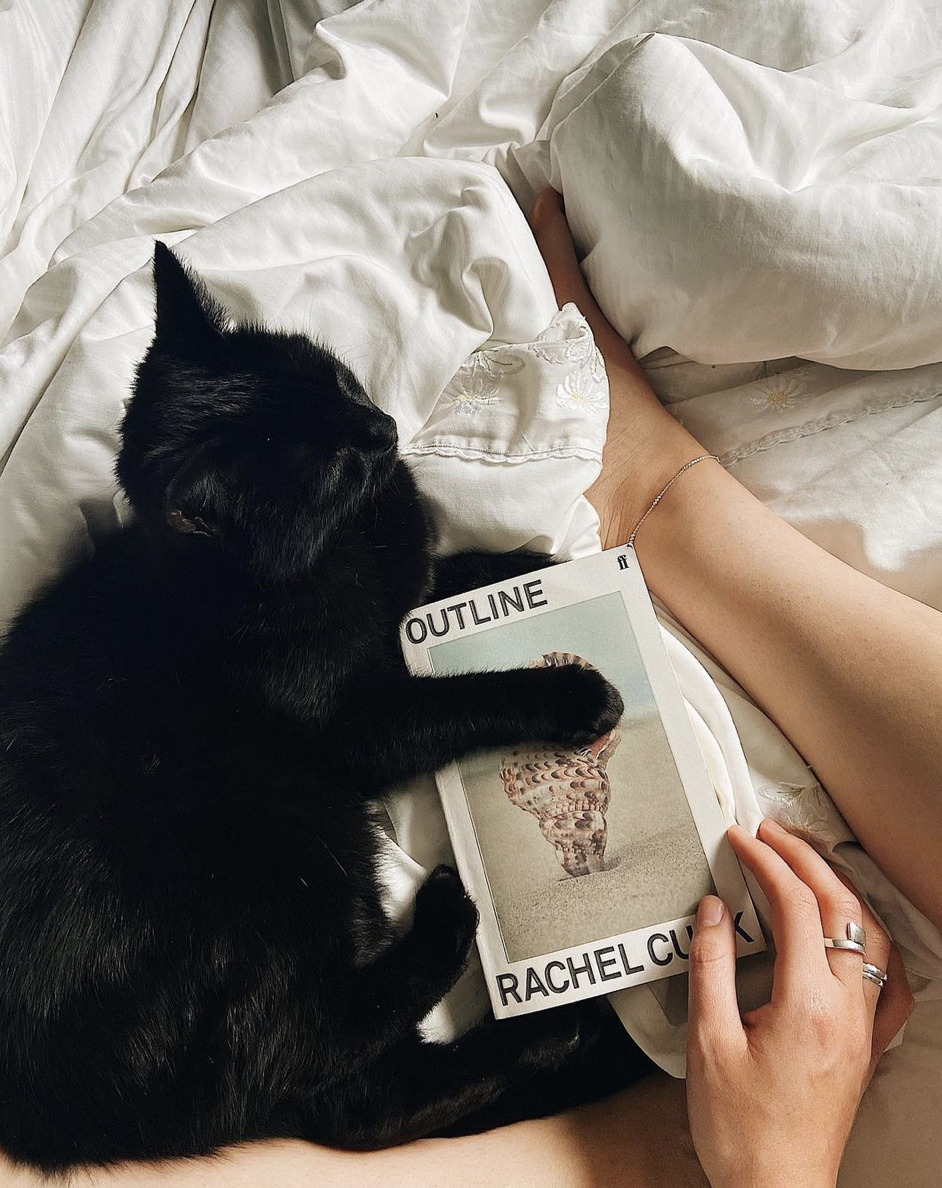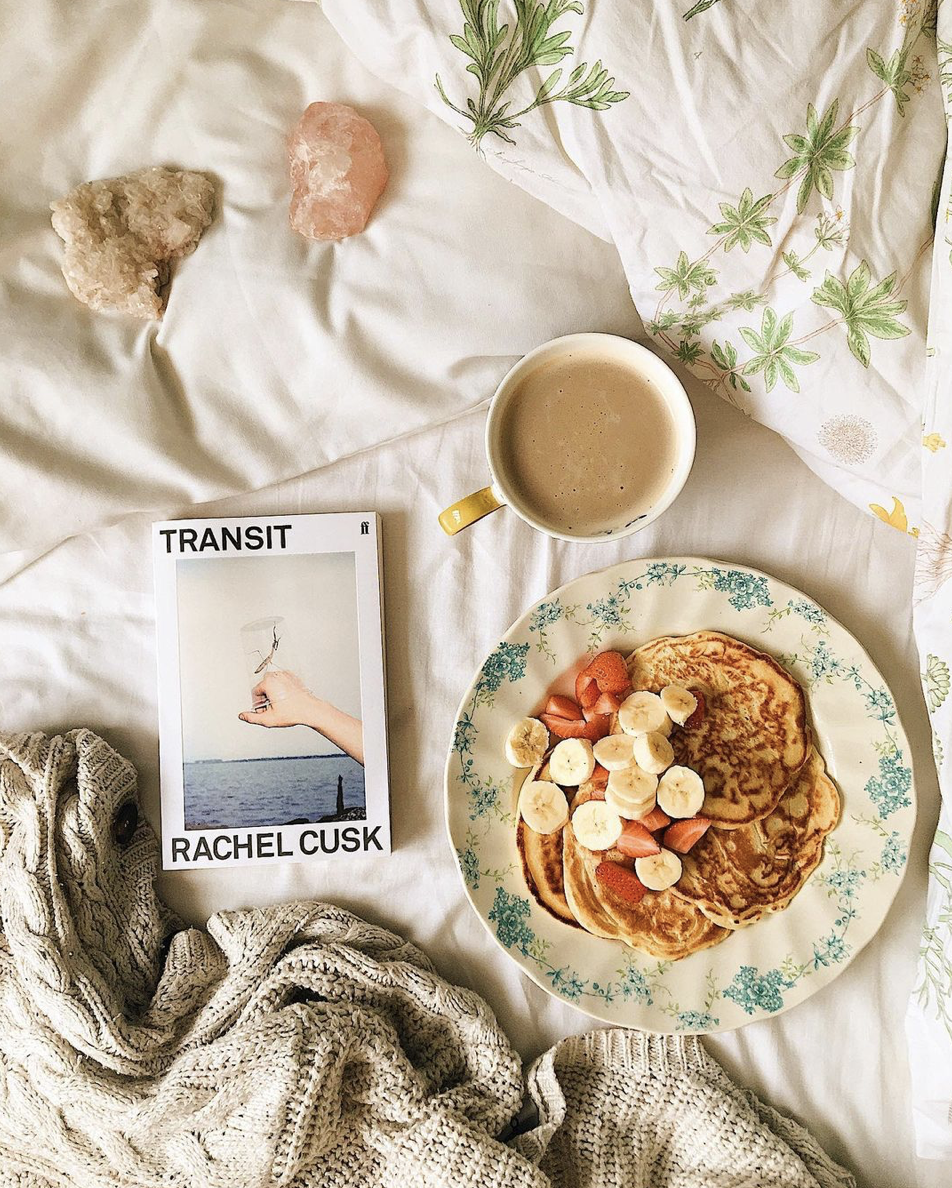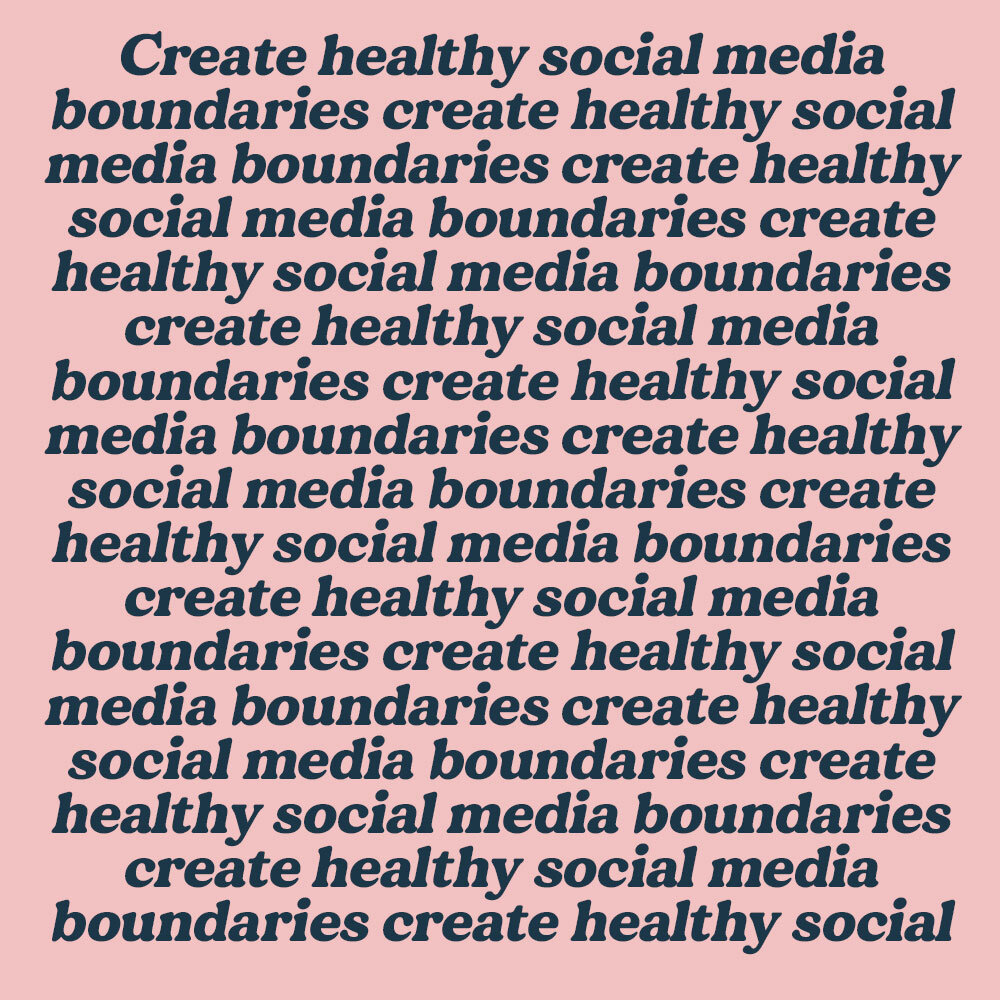I’m an Instagram Addict, Here’s What I Thought of ‘The Social Dilemma’ Documentary
When does social media as a distraction become dangerous? A deep dive into scrolling culture ...
“Social media is an undeniable part of our lives. Most of us have had it for years, decades maybe. Some of us use it merely socially, others utilise it for business or content creation, but almost all of us use it in one way or another. Since the beginning of the pandemic this year, and particularly throughout lockdown, we've likely all been using it even more; whether out of boredom, anxiety, desire to connect, or just simple habit. My use definitely skyrocketed.
Although I've always been a pretty avid user of social media, it's not something I've given much thought to beyond wondering whether I occasionally waste a little too much time on it. A few weeks ago, though, I watched a new documentary on Netflix called The Social Dilemma, and I was, perhaps somewhat ironically, glued to the screen the whole time. The documentary explores the rise of social media in our everyday life, discussing the way social media has spread wildly into every aspect of it, affecting us as individuals and as a society. It also explores the algorithms and processes that are designed to chase perpetual growth and engagement. It's deeply fascinating and fairly unsettling for the most part, but also crucially educational as well. As docu-drama hybrid, it's presented through interviews with former big-tech employees, alongside a fictional family that exemplifies the issues discussed; political, emotional, and mental. As soon as I'd finished it, I recommended it to my friends, urging them to watch it too because it challenged my perceptions about how we use social media and how it's affecting us.
“ During the UK lockdown in particular, I found myself browsing endlessly for hours often without posting or even engaging that much; just scrolling, refreshing, and scrolling again, waiting for something new”
Though it might seem naive, I'd never really considered the fact that all of our online behaviour is tracked. From what we're doing, when we're doing it and for how long we're doing it for, The Social Dilemma demonstrates the sheer amount of data that is continually created, and how social media can become, and is designed to be, extremely manipulative. This data is used to fulfil what Tristan Harris (founder of the Centre for Humane Technology) refers to in the documentary as the three main goals of social media brands; engagement, growth, and advertising. It is disturbing too to consider the fact that although we refer to ourselves as social media 'users', we aren't really the customers. Given that social media is free, Harris enlightens us to the fact that it is our data and habits that are the product, and advertising companies who are the consumers. Jaron Lanier, another contributor, takes this further by suggesting, 'it's the slight, imperceptible change in your own behaviour and perception that is the product.'
This concept goes much further than the personal implications to each user alone. The Social Dilemma goes into detail on the interconnected issues of mental health, social disruption, surveillance capitalism and their moral implications, as social media impacts real-life behaviour. I really recommend that everyone watches the full documentary to learn more than what I can explain here. Returning to my viewing experience, I was left feeling slightly overwhelmed as the end credits rolled, imagining myself as a small figure surrounded and increasingly trapped by the ever-growing and twisting vines of the online world. I wondered what I could do right then to change my own social media behaviour for better and break down some of those vines.
“There is always going to be more to look at or comment on, more to like and dislike, more to consume and be consumed by online. The internet and social media aren’t going anywhere, and I don’t think that any of us would really want it to disappear.”
Now granted, a huge part (if not most) of the responsibility to change this manipulation lies with the big-tech companies themselves. It's clear that no matter how much we know about the mechanisms behind social media, it can remain as influential as ever. Tim Kendall, a former Pinterest and Facebook employee, comments in the documentary that despite working on engagement algorithms himself, he has been just as susceptible to them as anyone else. The influence and impact of social media is only increasing, as the documentary makes clear. This corporate responsibility is something that Tristan Harris is lobbying for with the Centre for Humane Technology, but what he and other contributors make clear, is that there are in fact some steps we as individual users can take.
One of the moments that really captured my attention was the discussion around creating unconscious habits. Joe Toscana, another contributor, refers to this as 'positive intermittent reinforcement'. It is a theory that suggests receiving a reward of some kind intermittently is the best way to maintain continual engagement or attention. Harris suggests this creates an ingrained but unconscious habit of constantly using and refreshing social media. Big-tech companies utilise this knowledge of human psychology to influence behaviour, and so it seems ever more worth understanding it ourselves. It demonstrates just how easily we can be drawn into social media, but also potentially how we can try to change our behaviour too.
That's what got me thinking about how I use social media. Of all the apps I have, I use Instagram the most. I love Instagram; I love creating content for it, I love seeing the content other people share, and I love the communities that can be found and created online. What I don't love is how quickly I can become utterly engrossed in it for far too long. During the UK lockdown in particular, I found myself browsing endlessly for hours often without posting or even engaging that much; just scrolling, refreshing, and scrolling again, waiting for something new. Remind you of anything? When I did put my phone down, I'd usually receive another notification, open it, and find myself pulled back by those growing vines once more.
“Harris suggests that by using social media “we are training and conditioning a whole new generation of people that when we are uncomfortable or lonely, uncertain or afraid, we have a digital pacifier for ourselves that is kind of atrophying our own ability to deal with that.””
Here's another example you might recognise. How many times have you got your phone out to check the time, seen a notification, opened it unthinkingly and promptly become lost to the app for several minutes? Then you lock your phone again and realise that you never even looked at the time, which was the whole reason you reached for your phone in the first place. I noticed that ingrained habit, even more, when I updated my phone and shuffled around the apps on my home screen. I was so used to Instagram being in a certain place that I found myself thoughtlessly opening my phone and tapping its usual spot, before belatedly realising I'd opened something completely different. My social media use had become such a habitual response that I wasn't even really concentrating on what I was doing, and that freaked me out.
So, I followed the advice of many of the interviewees on The Social Dilemma and decided to turn off my Instagram notifications - cue dramatic music. Now, I know it's only a small change, but it actually made a surprisingly big difference to how I engage with the app. Granted, I can still find myself occasionally drifting into the odd mindless scrolling session, but I have to make a much more active decision to open the app and use it now. Those spirals are much easier to avoid when I don't constantly have the temptation appearing on my screen.
There is always going to be more to look at or comment on, more to like and dislike, more to consume and be consumed by online. The internet and social media aren't going anywhere, and I don't think that any of us would really want it to disappear. Much like the interviewees in The Social Dilemma stated, there are many good aspects to these apps and tools, but we cannot downplay or underestimate the growing flipsides either.
Indeed, The Social Dilemma shows just how much social media can take over our sense of self-worth and identity. Dr Anna Lembke says that we as humans have a biological imperative to connect with others, and social media optimises this, often to the point of addiction. But it's the scale of social media and its mechanisms that takes it out of our control. As Harris comments, we evolved to seek out and understand the opinions of those close to us, but we're not made to cope with the staggering number of opinions that the internet provides. Social media can create addictive cycles of engagement, disappointment, and desire, that exacerbate and catalyse comparison and unhappiness. The rise of depression and anxiety in our society, and particularly in our children, as a result, is something that more and more of us are becoming aware of.
“ Social media can create addictive cycles of engagement, disappointment, and desire, that exacerbate and catalyse comparison and unhappiness.”
So how do we begin to break out of this? What other steps can we take? Harris suggests that by using social media "we are training and conditioning a whole new generation of people that when we are uncomfortable or lonely, uncertain or afraid, we have a digital pacifier for ourselves that is kind of atrophying our own ability to deal with that." Alongside rallying for more responsibility from big tech, we need to keep checking in with the way social media impacts us, so we can take a step back when necessary? Personally, I want to be more aware not just of what I'm consuming online but how I'm consuming it too. If I remember that social media is designed to keep me coming back, I can try to set boundaries for myself when it feels overwhelming.
This could mean having no phones in the bedroom or muting all alerts past a certain time. It could mean turning off notifications for some or all apps, moving your phone away from you rather than always having it at your side, and setting screen time limits. It might mean unfollowing accounts or brands that spark negativity and seeking out ones that try to be more transparent and educational as well as entertaining. This could involve finding body positive accounts, social or politically educational accounts, or seeking alternative perspectives to widen our frames of reference. Increasingly, I think we must be mindful of how our online activity makes us feel and open up that discussion with family and friends, rather than fall back into it again. And more than anything, sometimes it means uninstalling apps or turning off our phones when it gets too much.
I'm not saying we should all go off and delete our social media accounts completely. I don't think that's a realistic expectation for most people, including myself, and I also don't think it's necessary, but The Social Dilemma has prompted me to really consider the wider scale of social media's impact and influence, and big-tech's responsibility. It's also prompted me to focus on the smaller scale of my own online activity and habits and how they affect me. It's a process, and on a personal level, it doesn't have to mean rooting everything up completely but rather pruning back those wild vines to tame my own use and practices for the better.’
-
You can read more from Hannah on her blog siftingfortreasures.blogspot.co.uk, find her on Instagram at @hannahlouise.franklin or read her previous contributions to The Insecure Girls’ Club, On Not Being Where You’d Hoped and The Power of Platonic Love.






